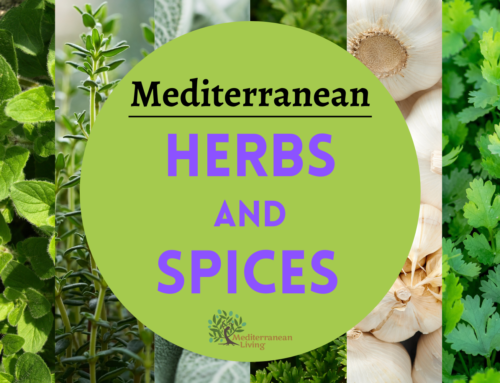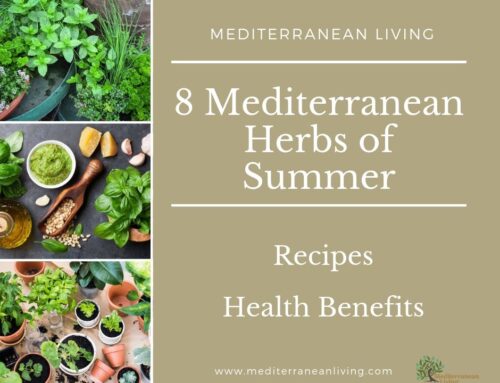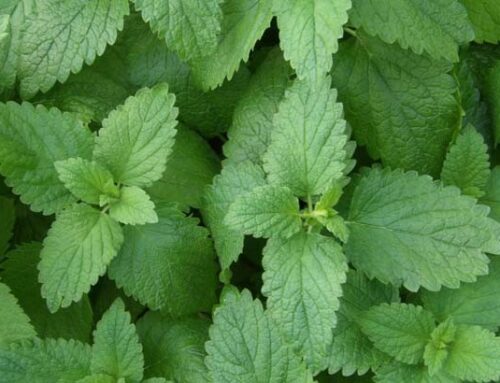Keep Calm and Remember the Rosemary
By Christine Kenneally
Updated April 13, 2018
Rosemary has a distinctly deep and earthy flavor with a tea-like and piney aroma that enhances many different foods and cuisines. For me, simply experiencing the scent of rosemary brings to mind some of my favorite dishes. Heading towards winter, we begin to eat heavier, more nourishing foods such as root vegetables, meats and stews. Rosemary brightens up meals and stimulates digestion and mental alertness after a heavy meal. Eating rosemary has a plethora of health benefits. I’ll be highlighting some of the most essential benefits in this article.
Rosemary (rosmarinus officinalus) is primarily used in cooking, yet can also be distilled for its essential oil, which is used topically. It is native to the Mediterranean region, but now grows in many regions of the world, including Europe and North America. It is a member of the mint family, and has pine needle- like leaves.
Rosemary has been traditionally known throughout history as the ‘herb of remembrance’. In ancient Greece, students would put rosemary on their desks while studying for exams. Rosemary has been used as a symbol of remembrance at funerals and burials, often being placed in the grave. It has also been used as a symbol of fidelity in old English wedding ceremonies. Even today, people use rosemary for this cognitive benefit. Studies have been conducted that show a measured improvement in brain function and memory with the use of rosemary.
Studies have also shown that rosemary leaves possess potent anti-inflammatory and anti-tumor qualities. In an Australian study, it was found that certain compounds found in rosemary play a major role in cancer risk reduction. One of rosemary’s active compounds, rosmarinic acid, has been shown to improve the functioning of smooth muscle, as well as circulation, thus also controlling blood pressure.
If you are feeling stressed and in need of an emotional rescue, reach for the rosemary! It has powerful de-stressing, aromatherapeutic qualities. We know this by instinct: when we smell rosemary, we feel a sense of calm. It has been shown scientifically as well: in a Japanese study, researchers found that smelling rosemary essential oil caused people to produce more saliva, which led to a significant decrease in the production of the stress hormone cortisol. Rosemary’s essential oil is also anti-microbial, which is of particular importance as we head into cold and flu season! Consider adding a few drops of rosemary essential oil to a spray bottle of water to spritz throughout the house for calming your nerves as well as for cleaning your counter tops and doorknobs! No chemicals are needed, and it smells wonderful!
Like all culinary herbs, rosemary promotes healthy digestion. It does this in two ways. First, it supports the liver by increasing the flow of bile in the intestines. Second, it’s relaxing & anti-spasmodic effect on our muscles carries over into the trachea and intestine, enhancing the ease with which the whole digestive process occurs.
As with any medicine, it is important to talk to your doctor or a qualified herbalist before starting to take medicinal doses of rosemary, which can be dangerous for certain people, including pregnant women and diabetics. However, the amount of rosemary used in cooking is considered safe. There are so many benefits to using rosemary, both for our health and overall enjoyment of our food. I hope you will find more ways to get rosemary into your diet this winter!
Stop by our recipe box and try our delicious Spicy Rosemary and Olives recipe.












Bill Bradley, R.D. says:
Bill Bradley, R.D. says:
Bill Bradley, R.D. says: